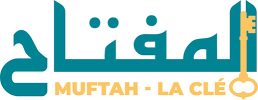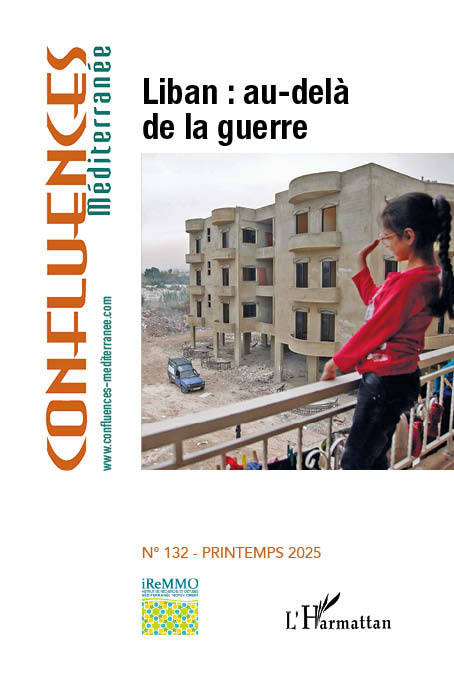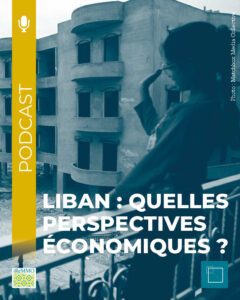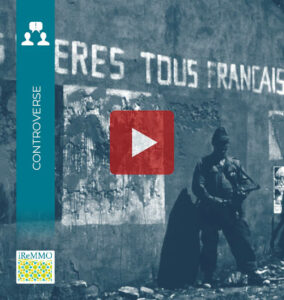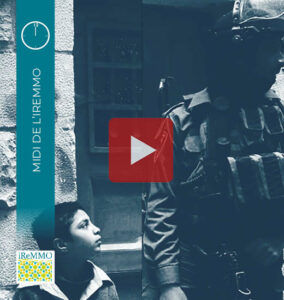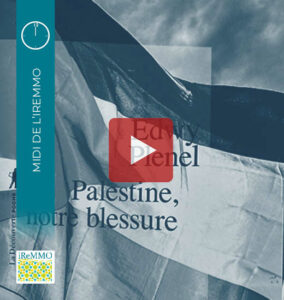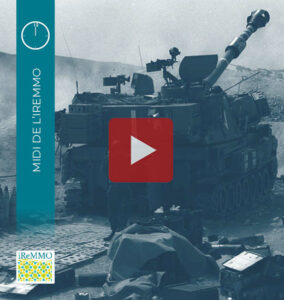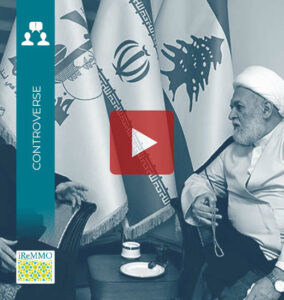Friday 24th of May 2019 – 2pm – 6pm
[Cette rencontre, qui se tiendra exceptionnellement en anglais, est co-organisée avec le Sana’a Center for Strategic Studies, un think tank indépendant qui fournit une expertise sur le Yémen et sur les pays voisins]
Introduction – 2pm – 2:15pm
Introduction by iReMMO and Sana’a Center representatives.
Panel 1 – 2:15pm – 4pm
The Situation on the Ground
Four years of conflict-related collapse have left more than 22 million people in need of humanitarian assistance, while multiple foreign-backed armed groups struggle for power on the ground. This panel will provide background context and updates on recent political, security, economic and humanitarian developments in Yemen.
Maged Al-Madhaghi, executive director and a co-founder of the Sana’a Center for Strategic Studies.
Franck Mermier, anthropologist, research officer at CNRS.
Claire Ha Duong, Médecins Sans Frontières France.
Chair : Andrea Carboni, research analyst with ACLED.
Panel 2 – 4:15pm – 6pm
« The State of Peace”: International and Local Peace Initiatives Amid Challenges
In December 2018 the UN-led peace consultations between the Yemeni government and the Houthi movement led to the Stockholm Agreement. Initially seen as a breakthrough, today most aspects of the deal remain unimplemented. This panel will discuss why, and assess other local and international peace initiatives.
Alia Eshaq, Yemeni political analyst, entrepreneur and consultant.
Osamah Al-Rawhani, deputy executive director of the Sana’a Center.
Khaled Al-Khaled, researcher on contemporary Yemen.
Chair : Clément Therme, researcher at International Institute for Strategic Studies (IISS).
About the panelists
Maged Al-Madhaji is executive director and a co-founder of the Sana’a Center. His research and commentary on Yemen have been published by various academic platforms, and he is a regular commentator on Yemeni affairs for Arabic media.
Khaled Al-Khaled is a researcher on contemporary Yemen. Formerly a teacher at the CELSA (Sorbonne), he is now working as an independent consultant. He published numerous books on Yemen.
Claire Ha Duong was Head of Mission for Médecins Sans Frontières (MSF) France in Yemen until February. Prior to joining MSF, she worked for several humanitarian NGOs in Jerusalem, South Sudan, Myanmar and Eritrea.
Andrea Carboni is a Research Analyst with the Armed Conflict Location and Event Data Project (ACLED) and a PhD candidate in Geography at the University of Sussex, where he currently contributes to a research project focusing on Yemeni elites.
Alia Eshaq is a Yemeni political analyst, entrepreneur and consultant. She is the co-founder and managing partner of Mashorah Consultancy, a public policy consultancy focusing on the Middle East and Africa. She has previously worked with the Berghof foundation on track II initiatives related to Yemen.
Osamah Al-Rawhani is the deputy executive director of the Sana’a Center. His work focuses on civil society and track II mediation, and he is currently co-head of the Rethinking Yemen’s Economy track II initiative.
Franck Mermier anthropologist, research officer at CNRS, author of many specialized books, such as Récits de villes: D’Aden à Beyrouth (Actes Sud, 2015), Yémen. Le tournant révolutionnaire (avec Laurent Bonnefoy et Marine Poirier, Karthala, 2012) et Yémen. Écrire la guerre (Classique Garnier, 2018).
Clément Therme holds a doctorate in International History, he is a specialist of Iran and a researcher at International Institute for Strategic Studies (IISS). He is the author of Les relations entre Téhéran et Moscou depuis 1979 (Presses universitaires de France, 2012) while also having published many specialized articles.

Co-organised with









